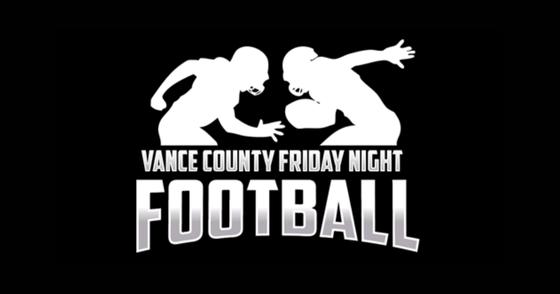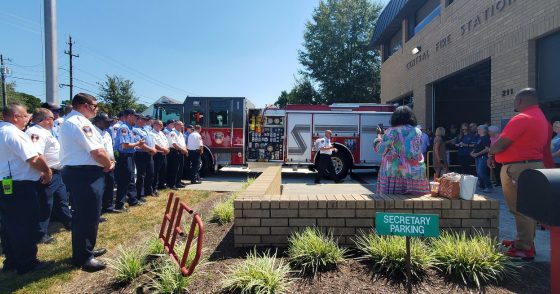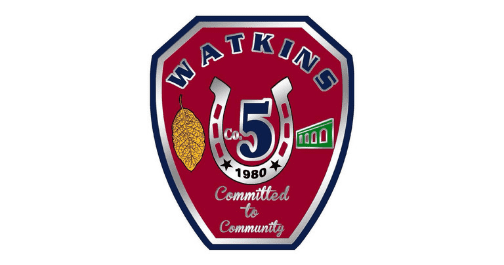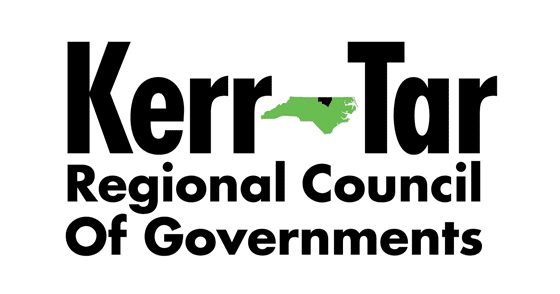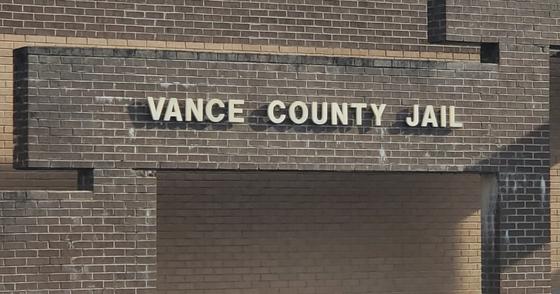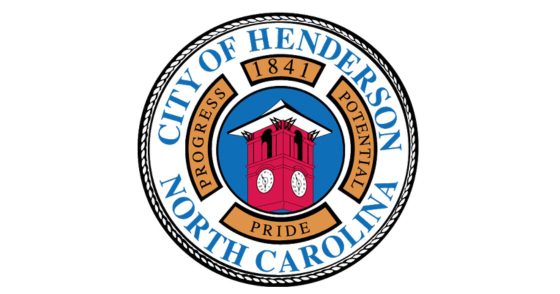Electricity is essential to everyday life – keeping households cool in summer and warm in winter, the lights on and the computers humming. It’s a complex system of transmission wires above ground and below that keep journeyman lineworkers like Cameron Beck busy on a routine day, never mind after storms or other events that interrupt electricity service.
Beck works with Duke Energy and spent about eight years covering the Henderson area. He and other lineworkers got some special recognition at Duke Energy’s Lineworker Appreciation Day, observed on Friday, Apr. 18.
There are always routine maintenance tasks to complete, Beck said on Monday’s segment of TownTalk. Poles to change out, or maybe an aging transformer that needs to be replaced.
Lineworkers “have to keep the grid running with maintenance, adding new things and serving customers,” he said.
Running power lines to new businesses or a new home under construction is all part of the job.
“We put holes in the ground and string wires to provide a path to electricity where it needs to go and take care of the ones that are there,” he said, with more than a little humility.
Lineworkers have to be ready to be called up in emergency situations, too – whether a pole and wires come down because of a hurricane, a thunderstorm or perhaps a car crash – the reason is secondary to the immediate task of restoring power.
He was among a staging team sent to upstate South Carolina in advance of Hurricane Helene’s arrival to the western part of North Carolina and surrounding areas.
“Helene was a very surprisingly damaging storm,” Beck said, “something that I didn’t expect…I thought it was going to be a little wind and we’d be home in a day or two.” But there were so many downed trees, so much more devastation, he said.
“I was shocked by the devastation, mainly from wind and water,” he said of subsequent visits to western North Carolina where he has family and friends. “I couldn’t believe what it had taken away. It will be a very long time before it gets back to normal.”
Lineworkers are a closeknit group, Beck said, much like police officers and firefighters, it’s a profession that relies on teamwork and camaraderie to get the job done and to make sure everyone stays safe.
“If you’re a lineworker, you share some common experiences and you have a common respect for each other,” he said.
As for safety, he said he’s proud to work for a utility company that puts an emphasis on safety, equipment and training.
“We don’t want to think about things that could go wrong, but that’s the way we keep things from going wrong,” Beck said.
Whether it’s routine work or power restoration after a storm, lineworkers review the basics: hazard analysis, talk about the conditions and other potential challenges that could arise when they’re in the field.
In storms like Helene, they’re at the mercy of the elements, he explained. It could be really hot, or really cold, or rainy – less than ideal. And if you’re part of a crew responding to a disaster like Helene, you may not be familiar with the area or the way the lines are fed – all challenges that must be addressed and dealt with before the work can really get underway.
Beck recalled one night driving home after a busy shift – a summer thunderstorm had blown through, and he was ready to be home. He was almost home when “I see the sky light up with blue,” he said. Just around the next curve, he saw what had lit the sky blue. A tree had taken the lines down, he said, and several spans of wire, poles and cross arms were strewn in and beside the road.
If he’d been traveling just a little faster, he’d have been caught under the tree and the downed lines.
“I knew what had happened before dispatch knew,” he said.
As with any work done during or after a storm, lineworkers must keep one eye on weather conditions as they attend to the task at hand.
“You try to work safely and quickly and get away from there,” he said.
CLICK PLAY!

